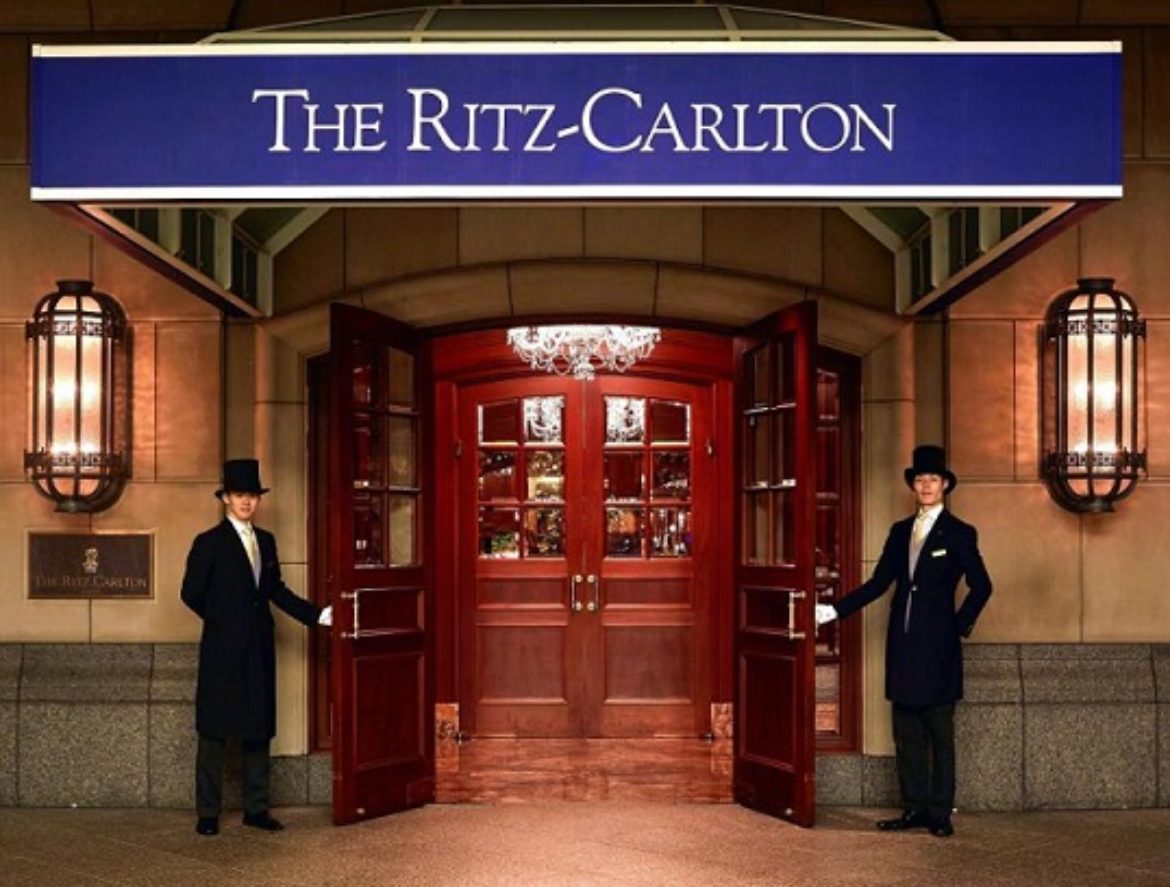According to a new study conducted by Kadence International the Ritz-Carlton has been named the most luxurious hotel brand in the world. Ritz-Carlton has beaten Four Seasons, Shangri-La and Intercontinental. However, the attitudes between the West and Asia differ when it comes to the attitudes to what constitutes the most luxurious hotels.
The research was conducted by Kadence International and sampled 5,775 consumers across 13 markets.
CATEGORY BRAND Global West Asia Hong Kong United Kingdom United States
Hotels Ritz-Carlton 1 1 2 4 1 1
Hotels Shangri-La 2 6 1 6 8 7
Hotels Four Seasons 3 2 4 2 2 2
Hotels The Peninsula 4 5 3 1 6 3
Hotels Intercontinental 5 4 5 5 5 9
Hotels Mandarin oriental 6 3 7 7 3 10
Hotels Park-Hyatt 7 7 6 10 9 8
Hotels St. Regis 8 8 8 13 7 6
Hotels Rosewood Hotels 9 10 9 11 11 11
Hotels Le Meridien 10 11 10 14 12 13
Hotels Oberoi 11 12 11 9 4 14
Hotels Fairmont 12 9 12 8 10 5
Hotels Capella 13 14 13 3 14 12
Hotels W Hotels 14 13 14 12 13 4
Universal luxury
Although metrics such as awareness drive luxury in different ways depending on the category and region, there are universal truths when it comes to what drives the perception of luxury across the globe. The study found that, overall, brand heritage and quality is linked to a stronger Luxury Index score. Brands that are known for only using the highest quality materials and craftsmanship, or for delivering a service beyond expectations, receive a stronger luxury score. However, the consistency of quality is also important. Brands that have a track record of quality combined with an established historical brand story also have a stronger luxury score. In contrast, exclusivity – the higher price point or rarity of the brand has far less impact on the luxury position of brands across categories and regions.
Regional and category differences
While there are some global truths in the perception of luxury there are a number of regional and category differences that are important for luxury marketers to understand. China, one of the biggest luxury markets are more likely to judge luxury through timelessness and experiential than any other regional market, surprisingly they are one of the least likely regions in Asia-Pacific to judge a brand or product through status.
Western markets are likely to have similar profiles when judging luxury, however there are some individual differences. French consumers are more likely to judge a luxury brand by distinctiveness than any other Western region, but are less likely to judge a brand or product through a feel-good factor, or status. Out of all 13 regions the USA is the least likely to judge a brand through distinctiveness, but over indexes significantly on quality, and brand heritage with those two drivers scoring higher than every other country surveyed.
The Luxury Study shows there is a range of established thinking of luxury brand marketing, that doesn’t ring true, or has changed over the last few years. Experiential as a driver for the perception of luxury was, along with exclusivity, one of the least important elements how global consumers see luxury brands. The recent trend in ‘experiential’ marketing in luxury over the last few years seems it could potentially be a misstep in most regions with the exception of China and France, where it is looked on more favorably than other regions. The study also found only a minor uptick for experiential based on age, in Western markets millennials judge luxury brands through the experiential driver more than over 35s, however this is less noticeable in Asian markets. On a global level, those older than 35 judged luxury through quality more than those under the age of 35, while millennials perceive luxury more through brand heritage and timelessness than their older counterparts.
Overall the study suggests that status is not the key driver in Asian regions as previously thought. Although status as a driver in the perception of luxury is more pronounced in the Asia Pacific region (with the exception of the Philippines, which has a luxury profile similar to Western markets), it’s certainly less important to consumers than quality, brand heritage and timelessness.
The Kadence International Luxury Study shows that although there are some universal truths surrounding the perception of luxury brands, there are many differences in regional understanding and views of the components of a luxury brand. National pride, culture, and awareness all play key roles in how consumers engage with the brand. It’s important for marketers to understand that, even when it comes to global trends around luxury, one size does not fit all when it comes to prestige brands.


